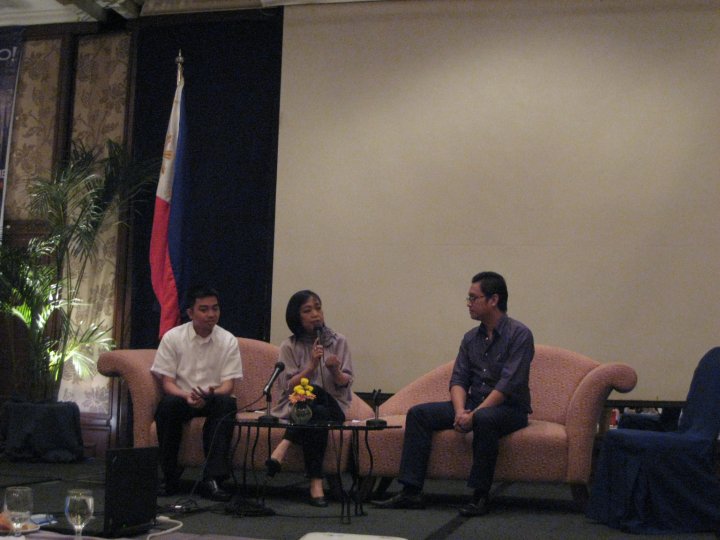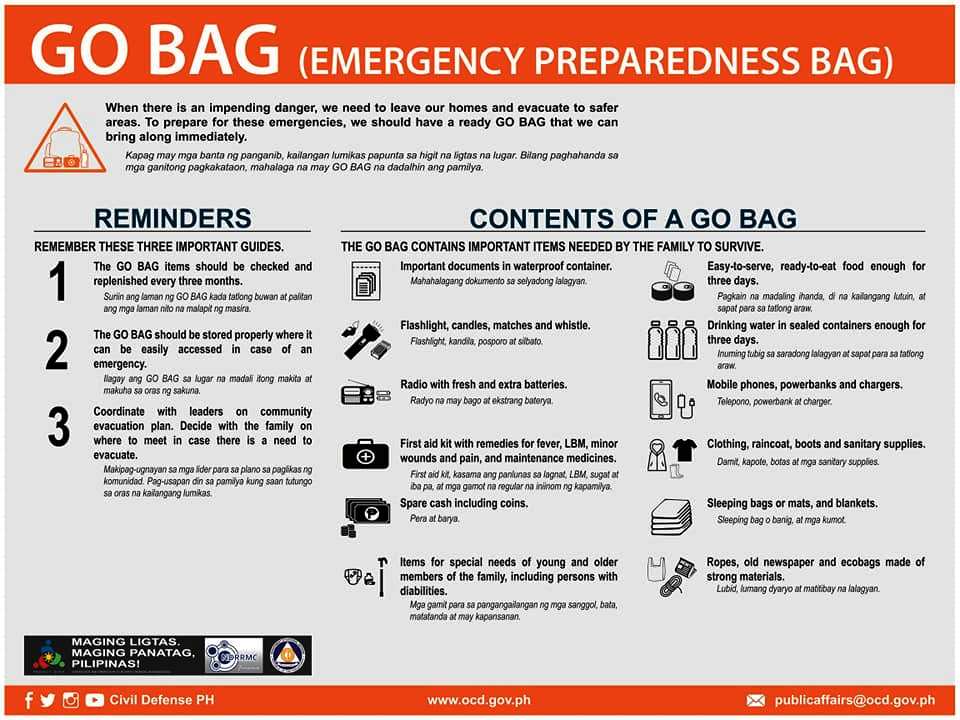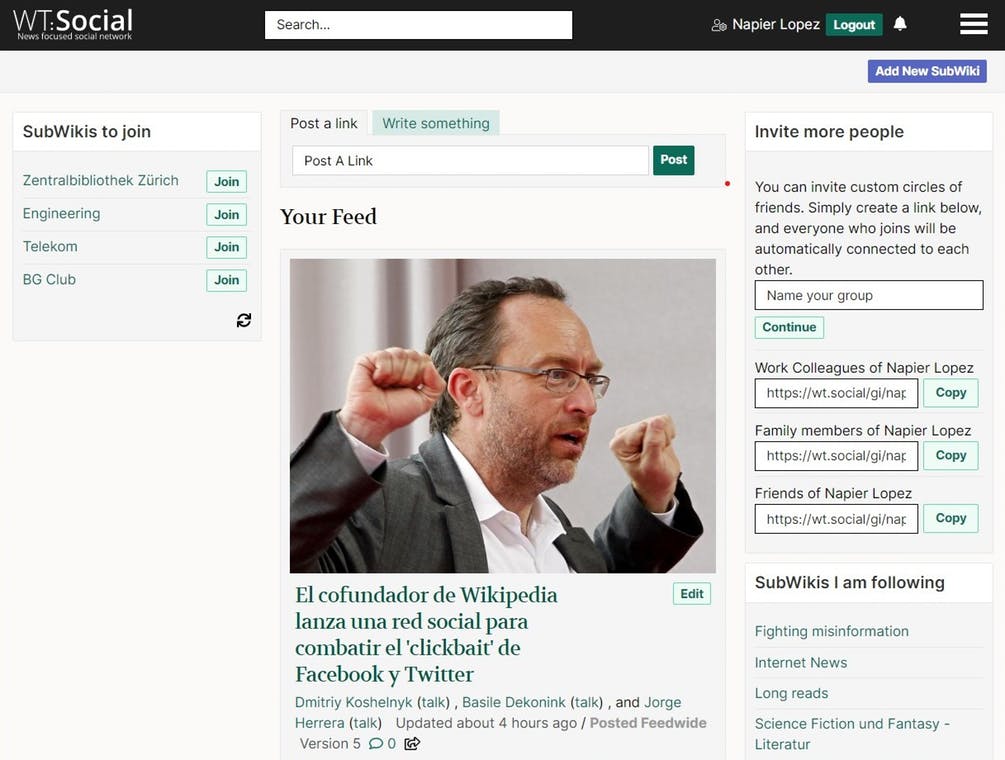The use of social media in covering this election
In the social media circle, I am known as the mom blogger
I love being a mom
I love my children.
I think of their future and often pray and hope for a good leader.
Aside from being a mom, I am a blogger. It is fun!
I enjoy meeting new friends, widening my social circle to include the younger generation and even the young at heart.
I use technologies. I love gadgets.
With technologies available, I use social media.
I am also a citizen of the Philippines.
I love my country.
In the constitution, it defines what a citizen is and their rights. But is that the only limit on what I am supposed to do?
In 2008, I received an invitation from a known presidentiable. I was taken aback. I did not want to be associated with politicians. With zero knowledge on the ins and outs of political issues, it was a nosebleed experience. Sure, I read about them in the newspapers and it was a fleeting recall.
After that first experience, It brought me to the realization that politicians will actually meet with bloggers as election nears. I had an epiphany as I listened to these politicians drone on and on for hours. Here I was given the chance to find out “what is happening right now” instead of finding out “what happened”. I resolved to meet up with each candidate if an invitation is offered to me. It seemed important to share my thoughts to my readers in a simple and effective format.
I conveyed my thoughts to my blogging community and my readers agreed and seemed interested to hear out my perspective on these candidates.
A year later, an invitation by the Philippine Center of Investigative Journalism (PCIJ) upon Ederic Eder’s recommendation brought me to a training seminar on “Covering Elections in the Era of Internet and Automation” . The training inspired me to start a voters education page in my blog. I thought this was not enough. Only my readers and community will be able to read my content.
I wanted more. In a meeting with Vibal Foundation, I bragged to Tin Mandigma , their Program Director about my training. (Vibal Foundation was a partner in our Filipina Images advocacy blog ). She was excited about my plans because Philippine Online Chronicles, their online news and features site wanted a citizen’s journalism portal. A partnership was formed and that’s how blogwatch.ph started.
It’s been almost 3 months since the launch of blogwatch.ph.
My social media circle widened to include the blogwatch.ph bloggers and their respective community.
How did we engage the electorate who are online users?
1. We utilized technologies such as blogs, social networks, mobiles and 3g .
2. We use new media to push and pull content
Publish
Vodcast- ustream.tv, justin.tv
podcast
flickr
blog
mobile/video photos
Pull
RSS
friendfeed
Podcast
Vodcast
Google News alert
wikipilipinas
web
twitelect.com
Both ways to push and pull content
youtube
sms + mobiles
blogs
3. We fill in some of the gaps that traditional media cannot cover due to limited time and resources.
4. We bring in interaction between the candidates and our community through the real-time, live streaming and the question and answer portion. They enjoy these live discussions that can last beyond 2 hours .
What are the benefits of using social media?
1. It builds a community of like- minded citizens who share commitment to ensuring free and honest elections.
Who does not want a credible election? The better the caliber of media coverage, we are helping build credibility in the result of the election.
2. It provides content from ordinary people side by side with professional journalists.
We share candidates’ platforms and answers to our questions that are not extensively discussed with traditional media. Through Twitter, Facebook and the blog entries, we engage the users to express their views and even add content.
3. It provides forum for new ideas especially for the youth. It will expose them to candidates in the medium that they are at home with. They hardly read the newspapers or watch TV. Social media points them to other sites like like Filipino Voices. Anti Pinoy, Get Real Philippines, House of Smoke, Sanamagan, and new media initiatives like Vote Report Philippines 2010 and 100araw.com.
4. Create a venue for opinion leaders who can use it to spread their views. However, it could be double edged source. For example, people who can write well may have an agenda or use it for propaganda purposes.
What are risks in using social media?
1. It may be used to spread disinformation or false information about candidates or situations if one is not vigilant
I often get leads about a certain candidate but they are not verified by official sources.
2. It provides limited perspective of the situation.
One can get snatches of information. Gather more information from other sources like traditional media and other users of social media.
3. It might even get colored by the bias of the members of the social media community
4. Not everyone can be represented . Some have no access.
Others like my husband does not use twitter or facebook. Some views are not represented. Some people just don’t want to interact in social media.
To maximize the benefits of social media, one needs to be discerning. Don’t take everything as truth or accurate.
Remember that the benefits of social media far outweigh its disadvantages. We want you to be aware that:
- new technologies potentially give a voice to citizens
- be skeptical of new information but use new media to push and pull content
- develop media literacy to embrace new technologies
Will the social media influence voters?
I believe internet users play a role in influencing other voters especially non-internet users. Internet users are part of larger group, friends, relatives and immediate families where conversations are a normal fare over a cup of coffee, lunch or dinner. Such interactions provide an exchange of opinions or influence the undecided. The 10 million overseas Filipino workers (OFW) are wired with families here in the Philippines. OFW bloggers from Pinoy Expats/OFW Blog Awards, Inc. and the KABLOGS (Kabayan Blogs)with over 300 Linklist of OFW/Kabayan Blogs from the Philippines issued a statement:
We will solidify our stand to choose the right leaders for our country. We will influence our family and loved ones back home, the recipient of our hardships and struggles abroad, to act too. We will guide them in making their choices this coming May 2010 because we believe that their actions will not only shape our country’s future but the future of the generations to come.
Even if the right people are elected, we cannot just fold the tarpulins and say “everything will be taken cared of”. If our citizens won’t try to know what is happening, nothing will also happen to us.
I, as a citizen and mom blogger in social media will utilize the technologies to extend the democratic process in my community . Social media does not end in elections. I will continue working on as a vigilant citizen and as a watchdog for good governance. Perhaps Blog Watch will be a permanent project that extends beyond elections.

The above article shows part of my presentation at Yahoo! Purple Thumb Launch , February 16 at the Hotel Intercontinental, where Congressman Mong Palatino and I were panelists in the Benefits and Risks of social media in covering the elections
Photo: “Jump on the social media bandwagon” by Matt Hamm, c/o Flickr. Some Rights Reserved



